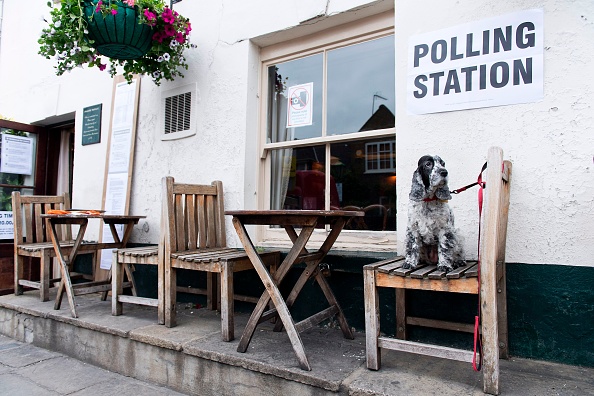Voter ID is a misguided solution to a problem that doesn’t exist

Out of all the policies revealed in the Queen’s Speech on Monday, one seemingly minor proposal should ring alarm bells: an intention to introduce compulsory voter ID at polling booths.
The aim is ostensibly a laudable one. It is important to ensure that elections are secure and fair, and this precaution is meant to tackle electoral fraud. However, the government’s proposal is deeply misguided.
The main flaw in the plan is that it is a solution in search of a problem. Electoral fraud in the UK is, for the most part, not a real issue.
In the aftermath of the 2017 General Election, there were rumours flying that hundreds of people had committed the electoral offence of personation, whereby somebody assumes another person’s identity to steal their vote. However, investigations by the police and the Electoral Commission found that personation is incredibly rare – just one person was convicted of multiple voting.
So introducing voter ID won’t solve an existing problem. What it could do, however, is disenfranchise a substantial proportion of the electorate.
Although the vast majority of the UK population do own a photo ID like a passport or driving licence, a significant number do not. The Electoral Commission estimated that, in 2015, 3.5m citizens – 7.5 per cent of the electorate – lacked an official form ID.
These people are predominantly from disadvantaged groups: members of working-class and low-income communities, ethnic minorities, travellers, young people, and the elderly.
Dissatisfaction with politics and the country’s institutions is at a record high. A belief – justified or otherwise – that society is run by and for the elite is already driving people away from a system of liberal democracy, and towards populism. Any policy which results in people from less represented groups being disenfranchised can only cause more damage.
This isn’t an unfounded fear. Studies from the US have shown that requiring voters to show ID does lead to a lower turnout among minority groups, and favours the Republican party. Indeed, in the last few days we’ve seen criticism here that the Conservative government is pursuing this policy for its own political advantage.
The government has tried to counter this accusation by promising that a free ID card will be available from local authorities for those voters who don’t currently have one. However, this is also problematic.
Paying a visit to the town hall or filling out a form online might seem relatively simple, but if you’re working several jobs, have childcare responsibilities, or are caring for sick or elderly relatives, finding the time to apply for an ID card will be a struggle – especially if you don’t have access to the internet. If you have a disability or if English is not your first language, you would face additional hurdles.
What’s more, this solution is based on the assumption that local authorities will process applications quickly and efficiently – which, given their track record, is wildly optimistic.
A free ID card would, in reality, not be free at all. Public money will have to be found to create the cards and for civil servants to process them. It will be taxpayers – as it always is – who will be forced to foot the bill for an utterly pointless government scheme.
The Conservatives have made assurances that minority groups will not be marginalised by this policy, and have pointed out that photo ID is required in a host of other civic areas, including (in response to the outrage from the opposition) to vote in some Labour constituency meetings. But this misses the point: voting in a General Election is not a privilege, and exercising this democratic right should be as hassle-free as possible.
The government does have a duty to maintain the integrity of elections, and should therefore consider tightening up requirements for proxy voting and ensuring that the electoral roll is up-to-date and not open to abuse.
However, introducing voter ID would be pointless, unfair, and anti-democratic.
Main image credit: Getty
